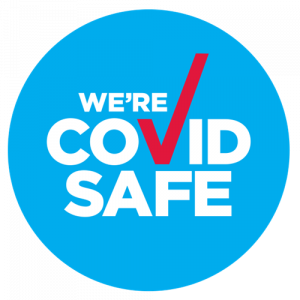What do speech pathologist do when working with adolescents?
A speech pathologist can help adolescents with a variety of communication difficulties, including.
Pragmatics: This could include working on both verbal and non-verbal communication abilities that support social interaction.
Speech: Support with improving articulation and accuracy of speaking sounds.
Literacy: Strengthening reading and comprehension skills.
Language: Improving individuals’ abilities to express themselves (also known as expressive language) and their understanding of what is said to them (receptive language).
Within each of these domains, Speech Pathologists assess and treat adolescents. Adolescent assessment and intervention usually takes place in a clinic or school context. It could take place via telehealth zoom call, in a group or one-on-one, depending on the treatment appropriate or the environment.
Language is one of the primary topics that has an impact on young people in the classroom and other social environments. Adolescents who struggle with receptive language may find it difficult to follow instructions, comprehend a book they are reading, or comprehend the crucial subject-specific terminology required for an exam. Expressive language problems can make it difficult for someone to complete written projects, explain what they know about a subject, or participate in group conversations. A speech therapist can assist in setting goals that target these difficulties.
Resources for parents of teenagers who require speech therapy
There are several tools available to assist parents of teenagers who require speech therapy.
- Parents of teens with communication difficulties can find advice and tools on the website Talking Teenagers.
- Parents of teens who stutter can also get information and tools from the Stuttering Foundation.
Tips for working with adolescents
Working with teenagers requires specific considerations regarding the provision of speech therapy. The following factors can promote therapy attendance and clear the way for success:
- Create client-directed objectives.
The Speech Pathologist can assist in breaking down a long-term objective into smaller steps, which will help a teenage client to be more motivated to attend appointments. - Encourage independence
It is important to foster independence for teenage clients to ensure that they are actively involved in determining the goals of their therapy. - Offer rewards
A prize box may no longer be of interest for teenagers, but everyone enjoys a reward! For adolescents, rewards may include using iPad play, a board game or even changing the location of therapy sessions. - Create engaging and fun sessions
Typically, teenage clients may face higher educational and vocational demands whether it be school related or extracurricular activities outside of the school day. It is imperative to add some enjoyable and interesting elements to therapy sessions to optimise engagement.
A way to do this could be to include incorporating some physical activity/movement, play games between activities, providing a visual schedule that outline break times so that they feel like they are working towards a goal and knowing the young person’s interests and integrating those interests within session activities.





